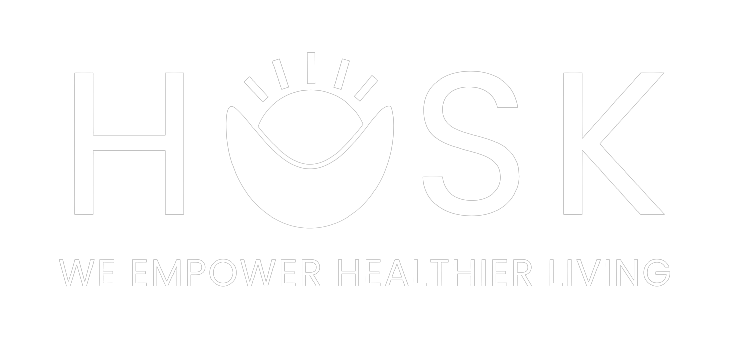
IBS An Overview
What is irritable bowel syndrome (IBS)?
Irritable Bowel Syndrome (IBS) is the general term of a classification of gastrointestinal symptoms that results in bowel disturbances and affects roughly 15% of all Americans. It can create ongoing discomfort and affect your quality of life, if gone untreated. Fortunately, unlike inflammatory bowel disease (IBD), IBS does not cause permanent damage in the bowels and rarely requires hospitalization or surgery.
IBS can affect anyone and any stage of life. Women, however, are twice as likely to experience IBS symptoms as men. Studies show this can be due to the effect of specific hormones such as estrogen and progesterone, which can alter the body’s ability to manage stress and can affect gut motility. Specifically, when hormone levels fall during the late luteal phase of menstruation, which occurs after ovulation and before the start of the period, women are more susceptible to bloating and abdominal pain.
IBS Symptoms
Typical IBS symptoms can include:
- Abdominal Pain / Cramping
- Frequent Loose Stools
- Constipation
- Gas and Bloating
- Food Intolerance
- Fatigue / Difficulty Sleeping
- Anxiety / Depression
Irritable Bowel Syndrome and Nutrition
Those diagnosed with IBS may not experience all of the symptoms listed, and the good news is that IBS symptoms can often improve by making some basic diet and lifestyle changes:
Eliminate Potential Food Triggers: As mentioned, there is no specific action that triggers IBS; however, certain foods can worsen or provoke symptoms. Working with a Registered Dietitian to complete an elimination test may provide relief. Some of these triggering foods include:
- Dairy, beans, garlic, onion, skin of fruits and vegetables, whole grains, wheat, high fructose corn syrup or artificial sweeteners.
Remove Gut Irritants: Some supplements have the ability to alter bodily functions promoting gut inflammation. Some of these triggers include:
- Caffeine: Caffeine stimulates motility and acid in the gut which can increase loose stools.
- Alcohol: Alcohol has the ability to damage gut lining and can make it challenging for nutrient absorption. The combination can increase the risk of bloating and loose stools.
- Nicotine: Similar to caffeine, nicotine has the ability to increase stomach acid and alter gut motility
Eat Soluble Fiber: While all IBS cases can vary, studies have shown, eating soluble fiber can significantly improve symptoms. Consuming soluble fiber creates stool mass by increasing the water-holding capacity of the stool, making it easier to pass. Insoluble fiber, on the other hand, disperses in water which can increase motility in the gut resulting in worsening symptoms such as loose stools. Some soluble fibers to focus on include: applea, oranges, berries, avocados, sweet potatoes, carrots, oats and beans.
Stay Hydrated: Even without IBS, it is important to stay hydrated. The gold standard is 64 ounces a day. With IBS, staying hydrated becomes even more important. With IBS – D (Loose Stools) it is important to take in an extra 8 ounces of water with a salty snack after each bowel movement to replenish losses. With IBS- C (Constipation), staying hydrated can help speed up stool passing, and it is important to drink more water as more soluble fiber is added to the diet.
Relax: Stress can wreak havoc on your gut resulting in IBS flares. When stressed, it causes the release of hormones which can create dysbiosis, or digestive disturbances, of your gut’s microbiome and the body’s immune responses if left unchecked. To relieve chronic stress try to:
- Sleep at least seven hours a night to help your body heal.
- Practice deep breathing through yoga or meditation to focus your thoughts.
- Step away from your computer during work for a quick walk outside.
By Veronica Campbell, RDN, CBS
Veronica Campbell is a Registered Dietitian in the states of New Jersey, North Carolina, Pennsylvania, South Carolina and Tennessee.
Mental Health
Marketplace
Nutrition
Physical Therapy
Rewards
HUSK Pro
Company
About
Contact
Press
Blog

